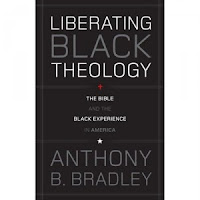(Continued from last week.) B. F. Skinner By way of contrast to Jung, Skinner was a naturalist of naturalists, granting no mystical overtones. As a result, “ He rejected that a person has meaning or significance ” (36). His naturalism also left him a determinist, rejecting “free will” and instead teaching that genetic codes direct actions. For instance, if a man has a disposition toward religion, it is only because his DNA is encoded with a need to seek something spiritual (apply as you will now to the thief, a pedophile, a homosexual, etc.). Thus, these views flow from his naturalism: there is nothing spiritual or supernatural here, and a man is as bound to his base desires as is an animal. How, then, does Skinner propose to correct societal ills? Quite simply the same way we would train an animal: “ behavior modification .” Ganz describes this as “ attempting to control a person’s destiny by controlling his or her behavior ” (37)—for in...


